Is Knowledge Power? What the AI Conversation is Missing
Key Points
-
The age of AI begs the question: what skills and knowledge are uniquely human?
-
With massive search engine capacity and AI tools to scan, reorganize, and create new ways of interpreting information, where should learners be focusing their time and attention?
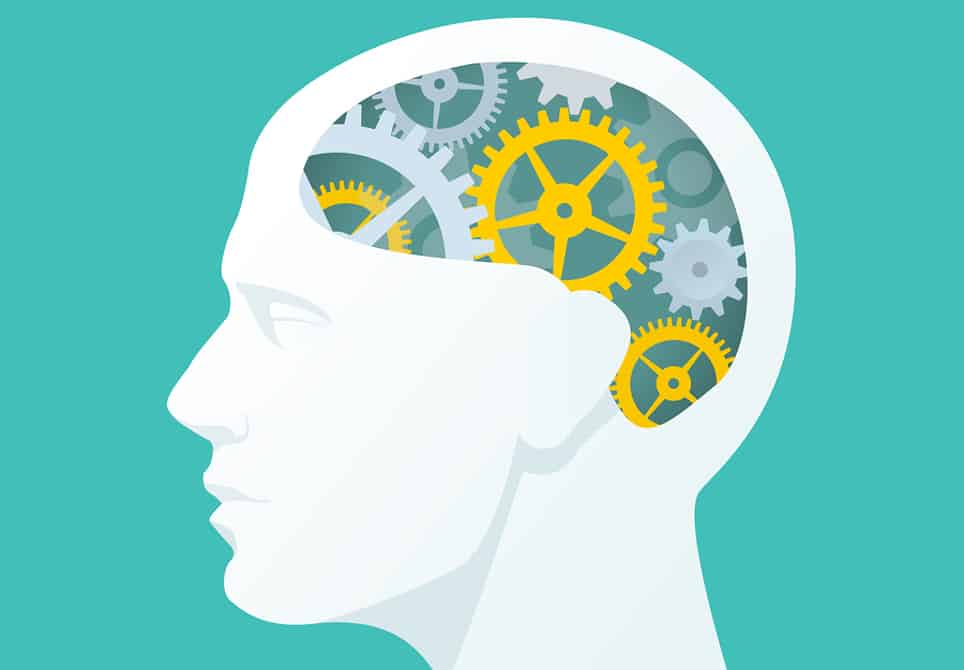
The age of AI begs the question: what skills and knowledge are uniquely human? With massive search engine capacity and AI tools to scan, reorganize, and create new ways of interpreting information, where should learners be focusing their time and attention? In a VUCA world, Durable and transferable skills are essential and are backed by both educators and industry leaders. Unfortunately, they can be difficult to assess. Still, all of these skills combined don’t inherently result in a better world.
For the last few years, we’ve been making the case that purpose and contribution are the core outputs of a society. Because of that, there are skills and habits that young people need to strengthen and flex with regularity in a learning setting. This will result in generations of difference makers and solutionaries, people who spot problems (inherited or otherwise) and respond rapidly and systematically toward a future that works better for all. We must not continue to perpetuate a world where our long-term outcomes are purely economic or academic.
Powerful technology like AI increases the complexity given the challenge of bias in AI models, the susceptibility of humans towards influence, and the propensity for false narratives and information generated from AI sources. These challenges add a layer of increased urgency to the work of embedding purpose and imagination in our communities and schools.
In a recent interview on the People I (Mostly) Admire Podcast, guest Kevin Kelly shares “Part of my critique about the A.I. folks who are concerned about the end of the world is that they overestimate the value of intelligence. There are a lot of intelligent guys who think intelligence trumps everything, but most of the great things in the world are happening not by the smartest people in the room. They’re happening with people who have enthusiasm, who have imagination. Smartness and intelligence is one component, but if you put a man and a lion in a cage, it’s not the smartest one that’s going to win. It’s only one part of what we need to make things happen in the world. And the key thing of that is imagination. Imagining what could be, what we’d want, an alternative way of doing things. And that’s not just I.Q.”
As we continue to think about the role that AI will play in society, we must also consider what the core variables are that must be kept alongside exponential information to better drive decision-making and lead to a better world. For now, we will call the dream of a better world ‘purpose’. In an equation where information is merely one variable in a combination of factors toward a better world, what are the other variables? How might we preserve, promote and proliferate those variables while also using smart tools? To some, this may be viewed as “What makes us human?” To others, this may be viewed as “What constitutes a community?” And to others, “How does an ecosystem function, sustain and grow?”
A Proposed Formula
With purpose as an extended goal, supported by meaningful income and access to information, we propose a clear formula as a North Star for living and learning in an AI-influenced world.
(Skills + Reported Knowledge + Observed Phenomena) x Purpose = A Better World
Skills. Durable or transferable skills are a critical element and will be at a premium for those emerging into the workplace. Creating the systems and opportunities for learners to practice and show proficiency in these skills will move the needle toward a purpose-driven future. Fundamental building blocks tools such as those in the core skill set (literacy in language and mathematics) and technical skill set (relevant technical skills that change over time) support the application of durable skills. For now, AI is capable of many mental skills, however, without the aid of robotics and other technological advancements, it does not yet possess the ability to fully occupy and affect the physical world.
Reported Knowledge. Reported knowledge is the accumulated set of digital information (seeing as most information has been digitized or originated digitally). This reported knowledge can be loose in validity but due to insufficient truth systems and exponential dissemination technologies, it propagates as fact quickly. With AI scraping and building from this reported knowledge, information will continue to be useful, but only under close scrutiny. The “hallucinations” of early AI tools such as ChatGPT indicate occasional unpredictable results and very confident false results. AI tools are not thinking tools, but intelligence augmentation tools.
Observed Phenomena. With the proliferation of reported knowledge, we, as a species, will rapidly become distant from first-hand accounts of actual phenomena. These superpowers, the ability to observe the world, communicate directly with other humans and verify proclaimed data will be increasingly difficult and must be explicitly taught in education systems. Place-based approaches can support these efforts.
Purpose. We multiply the sum of all by ‘purpose’ which is a key multiplier towards a better world. A purpose-less pursuit regularly results in growth for growth-sake and while purpose can be variable, when we say it we mean that it is aligned to “the benefit of all life” and is at least reflective of the United Nations Sustainable Development Goals. While shared values may be harder to come by in an increasingly complex world, some, like empathy, safety, kindness and mutuality (working together towards common goals) may transcend divisiveness and increase belonging.
What happens if we ignore a variable in our educational systems? What happens if the multiplier (purpose) is not accounted for?
| Skills | Reported Knowledge | Observable phenomena | Purpose | |
| An inequitable or uninhabitable world. Without uniquely human skills such as those that amplify problem-spotting, imagination, deliberation, listening/empathy and creativity, we struggle to build, grow and exist. | No | Yes | Yes | Yes |
| Delayed purpose. Without accessing reported knowledge and enhancing it with AI tools, we miss the acceleration and iterative design of thinking, creativity, and information access that increases impact and scope. | Yes | No | Yes | Yes |
| Influenced purpose. With lack of verification, we may have a vision for a better world, but it will be bent toward the bias of AI or maligned operators with biased intentions. | Yes | Yes | No | Yes |
| Misguided. It becomes more challenging to ensure a collective movement towards a future that benefits all life. | Yes | Yes | Yes | No |
As stated in a recent article by Tom Vander Ark, “This change won’t be easy but this new era means young people can do more than ever–more than we dreamed possible even a few months ago. It’s time to invite them, especially learners furthest from opportunity, into a future of possibility, into work that matters. Their potential just got bigger and better.”
In many cases, AI is a boon to the variables above rather than a threat, however, without a carefully calibrated purpose, the end result gets a whole lot murkier. Augmenting a design of the future with AI can certainly amplify purposeful futures for young people, but without careful evaluation of each element of the equation, future generations may end up falling into the trap of a highly developed AI world that misses the mark, or worse.

Mason Pashia

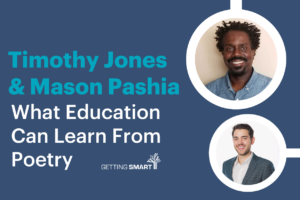

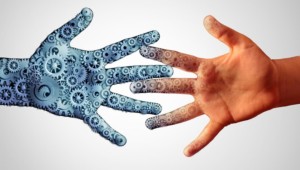
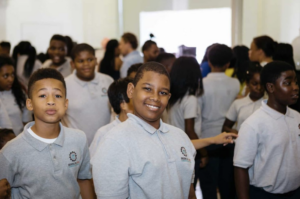
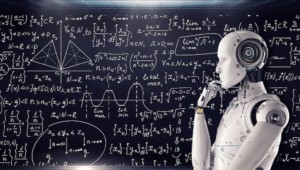
0 Comments
Leave a Comment
Your email address will not be published. All fields are required.